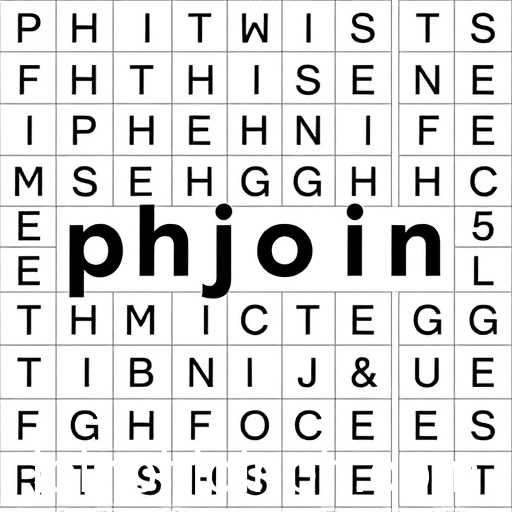In the dynamic world of online gaming, 'phjoin' has emerged as a notable keyword within the English gaming sector. As of the year 2025, this development signifies a major shift in how language learning is approached, offering new opportunities for educational advancement through interactive gaming.
Phjoin represents an innovative confluence of gaming and language education, a space traditionally dominated by more static forms of learning. By integrating gaming elements with language acquisition, platforms using 'phjoin' have managed to capture the interest of both young learners and educators seeking to leverage technology for more engaging teaching methods.
Current events highlight a growing trend in using gamified platforms for education, largely driven by the unprecedented global shift towards online learning. As a consequence of the global pandemic experienced in the early 2020s, the education sector has adapted by embracing digital tools and platforms. Phjoin-based games have benefited from this shift, providing learners with an interactive and rewarding environment that traditional methods lacked.
Aside from the clear educational benefits, the employment of phjoin has also spurred increased collaboration between educators and game developers. This partnership is creating a new breed of educational content that balances fun with curricular competency. Reports indicate that such collaborations have resulted in improved student outcomes, particularly in language proficiency and cognitive skill development.
Nonetheless, the rise of phjoin also brings challenges. Maintaining the balance between education and entertainment is crucial to ensure that gaming platforms fulfill their educational promises without compromising on pedagogic objectives. Meanwhile, concerns regarding screen time and digital addiction continue to be discussed by experts.
The landscape of educational technology is steadily transforming, promising a dynamic future for language learning through the power of phjoin. As more educational institutions and developers recognize its potential, the ongoing evolution of these platforms will likely redefine how languages are taught and learned worldwide.








